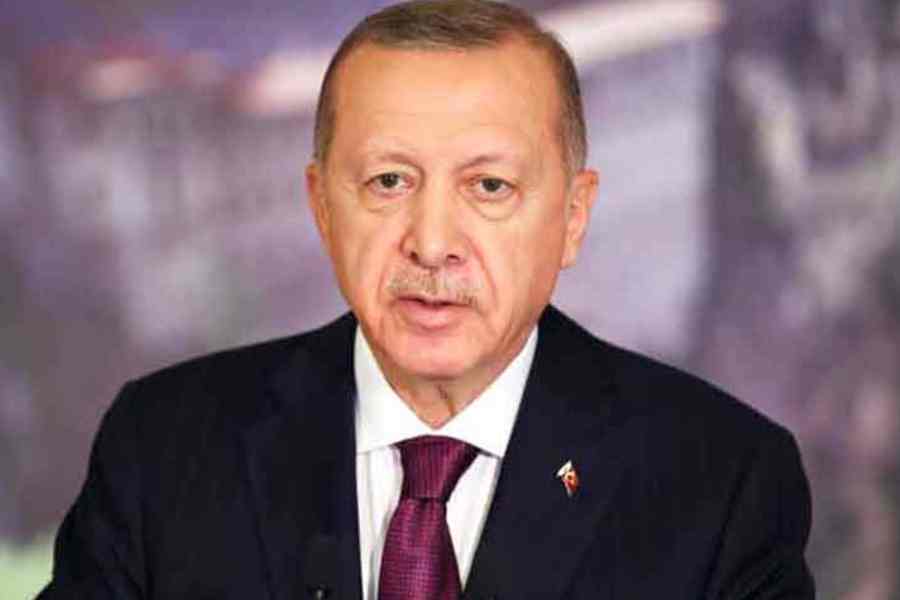The victory of Recep Tayyip Erdogan in a run-off against Kemal Kilicdaroglu, the Opposition candidate, in Sunday’s presidential election has given the 69-year-old leader five more years at the helm of his nation. Mr Erdogan, who was prime minister from 2003 to 2014 before becoming president, is already modern Turkey’s longest-ruling leader — Mustafa Kemal Ataturk, the founder of the republic, led for 15 years. Yet Mr Erdogan’s legacy within his country and globally has never been under scrutiny as much as it is now, and is likely to be defined by what he does in what, constitutionally, should be his last term as president. Domestically, the election underscored his ability to marshall nationalist sentiments to overcome his stiffest political challenge yet, portraying his opponents as soft on terror. This, coupled with the promise of stability and a command over the media narrative in Turkey, helped him win despite an economic crisis in the country and the devastating earthquakes in February that killed more than 50,000 people and exposed his government’s failure to enforce building norms. Much of his political playbook will appear familiar to political observers in other democracies that have seen strongmen leaders similarly tighten their grasp on power by building personality cults dripping in machismo and demonising opponents as weak and two-faced.
Yet, where Mr Erdogan differs from most other such leaders is in the role he has taken on regionally and globally. Outside Russia, Ukraine and the United States of America, no other nation is as central as Turkey to the future direction of the war in Europe. Mr Erdogan has positioned himself as the central mediator between the warring sides, stitching together a vital deal to enable the export of grain from Russia and Ukraine to food-dependent parts of the world. He had condemned Russia’s invasion and supplied Ukraine with drones but has refused to join Western sanctions against Moscow. Under Mr Erdogan, Turkey has become a pivotal player everywhere — from Libya and Syria to the Caucuses — often simultaneously at odds with both its Nato allies and Russia. A congratulatory phone call from the US president, Joe Biden, laid bare those tensions, with Mr Biden seemingly linking Turkey’s request for F-16 fighter jets to its current blocking of Sweden’s candidature to join Nato. Additionally, Turkey’s equations with Southeast Asian nations, especially Pakistan, would be under watch globally, including in New Delhi. How Mr Erdogan navigates these complex geopolitical waters over the next five years will shape not just Turkey’s place in the world but, in some ways, the world itself.










